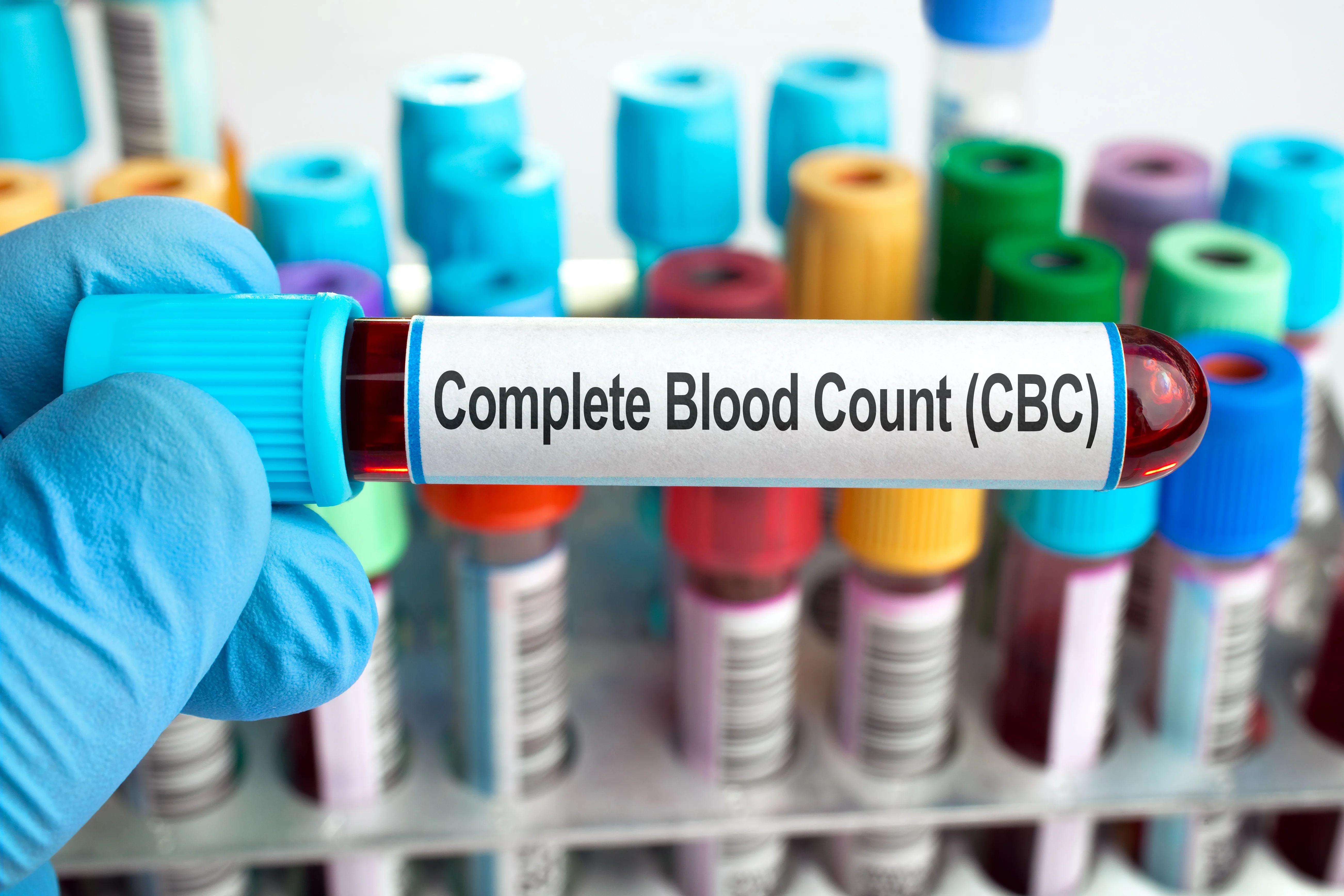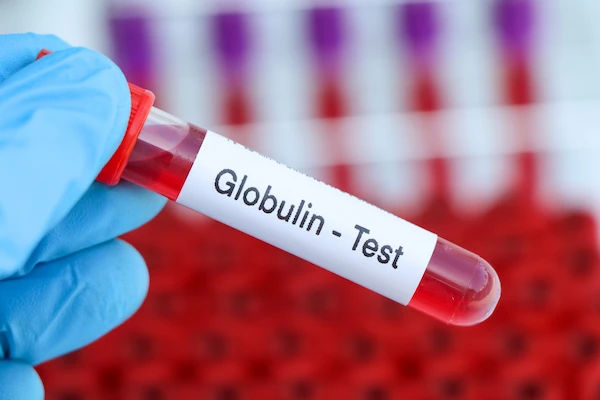Bleeding Time Test Overview and Information
Know about the bleeding time, why it is done, how it is done, test interpretation and tips for a healthy bleeding time.

Written by Dr. Shaik Abdul Kalam
Reviewed by Dr. Dhankecha Mayank Dineshbhai MBBS
Last updated on 3rd Sep, 2025

Introduction
If you or a loved one has been advised to take a Bleeding Time Test, you might have questions about what it is, why it’s needed, and what to expect. This simple guide will help you understand everything about the test easily and compassionately.
What is a Bleeding Time Test?
A Bleeding Time Test measures how long it takes for a small cut to stop bleeding. This test helps doctors check how well your blood platelets (tiny blood cells that help with clotting) are working. If bleeding takes too long to stop, it could mean there’s a problem with your platelets or blood vessels.
Consult a General Practitioner for Personalised Advice
Why is the Test Done?
Your doctor may recommend this test if:
- You have frequent nosebleeds or bruise easily.
- You bleed for a long time after minor cuts or injuries.
- You have a family history of bleeding disorders.
- You are about to undergo surgery (to check clotting ability).
- You are taking medications (like aspirin) that may affect bleeding.
How is the Test Performed?
The test is simple and quick:
1. A small cut is made on your forearm (usually with a special device).
2. The time is recorded from when bleeding starts until it stops.
3. The wound is lightly blotted with filter paper every 30 seconds without touching the cut directly.
The entire process takes about 5-10 minutes, and the bleeding usually stops within 1-9 minutes in healthy individuals.
What Do the Results Mean?
It means:
- Normal Bleeding Time: 1-9 minutes (varies slightly by lab).
- Longer Bleeding Time: Could indicate:
- Low platelet count (thrombocytopenia).
- Platelet function disorders (like von Willebrand disease).
- Certain medications (aspirin, blood thinners).
- Liver disease or vitamin deficiencies.
If your bleeding time is longer than normal, your doctor may suggest further tests to find the exact cause.
How to Prepare for the Test?
To prepare for the test:
- Avoid aspirin or blood-thinning medicines for 5-7 days before the test (only if your doctor advises).
- Inform your doctor about any medications or supplements you take.
- No fasting is required—you can eat and drink normally.
Is the Test Painful?
You may feel a slight pinch when the cut is made, but the discomfort is minimal. The wound is small and heals quickly.
Tips for Managing Bleeding Disorders
If you have a bleeding disorder, here are some ways to stay safe:
- Avoid injuries – Be cautious with sharp objects.
- Use a soft toothbrush – To prevent gum bleeding.
- Inform doctors/dentists – Before any procedures.
- Eat a balanced diet – Include iron-rich foods (spinach, lentils) and vitamin K (leafy greens) for healthy blood clotting.
- Stay hydrated – Helps maintain good circulation.
When to See a Doctor?
Consult a doctor if you notice:
- Excessive bleeding from minor cuts.
- Frequent nosebleeds or gum bleeding.
- Unexplained bruises.
- Heavy menstrual bleeding (in women).
Final Thoughts
The Bleeding Time Test is a simple yet important test to check your blood’s ability to clot. If you have concerns about excessive bleeding, don’t ignore them. Early diagnosis can help manage conditions effectively. Always follow your doctor’s advice and take necessary precautions to stay safe.
Consult a General Practitioner for Personalised Advice
Consult a General Practitioner for Personalised Advice

Dr. Jawwad Mohammed Kaleem
General Practitioner
4 Years • MBBS
Hyderabad
Apollo 24|7 Clinic, Hyderabad

Dr. M L Ezhilarasan
General Practitioner
6 Years • MBBS
Visakhapatnam
Apollo 24|7 Clinic - Andhra Pradesh, Visakhapatnam

Dr D M Karthik
General Practitioner
4 Years • MBBS, Fellowship in Diabetes Mellitus, Advance certificate in Diabetes Mellitus, Derma Nutrition Certification
Visakhapatnam
Apollo 24|7 Clinic - Andhra Pradesh, Visakhapatnam

Dr. Ashita Kuruvilla
General Practitioner
7 Years • MBBS
Kolkata
KVC CLINIC, Kolkata

Dr. Rupam Chowdhury
Orthopaedician
10 Years • MBBS, DNB (Ortho.)
Kolkata
MCR SUPER SPECIALITY POLY CLINIC & PATHOLOGY, Kolkata
Consult a General Practitioner for Personalised Advice

Dr. Jawwad Mohammed Kaleem
General Practitioner
4 Years • MBBS
Hyderabad
Apollo 24|7 Clinic, Hyderabad

Dr. M L Ezhilarasan
General Practitioner
6 Years • MBBS
Visakhapatnam
Apollo 24|7 Clinic - Andhra Pradesh, Visakhapatnam

Dr D M Karthik
General Practitioner
4 Years • MBBS, Fellowship in Diabetes Mellitus, Advance certificate in Diabetes Mellitus, Derma Nutrition Certification
Visakhapatnam
Apollo 24|7 Clinic - Andhra Pradesh, Visakhapatnam

Dr. Ashita Kuruvilla
General Practitioner
7 Years • MBBS
Kolkata
KVC CLINIC, Kolkata

Dr. Rupam Chowdhury
Orthopaedician
10 Years • MBBS, DNB (Ortho.)
Kolkata
MCR SUPER SPECIALITY POLY CLINIC & PATHOLOGY, Kolkata




.webp)